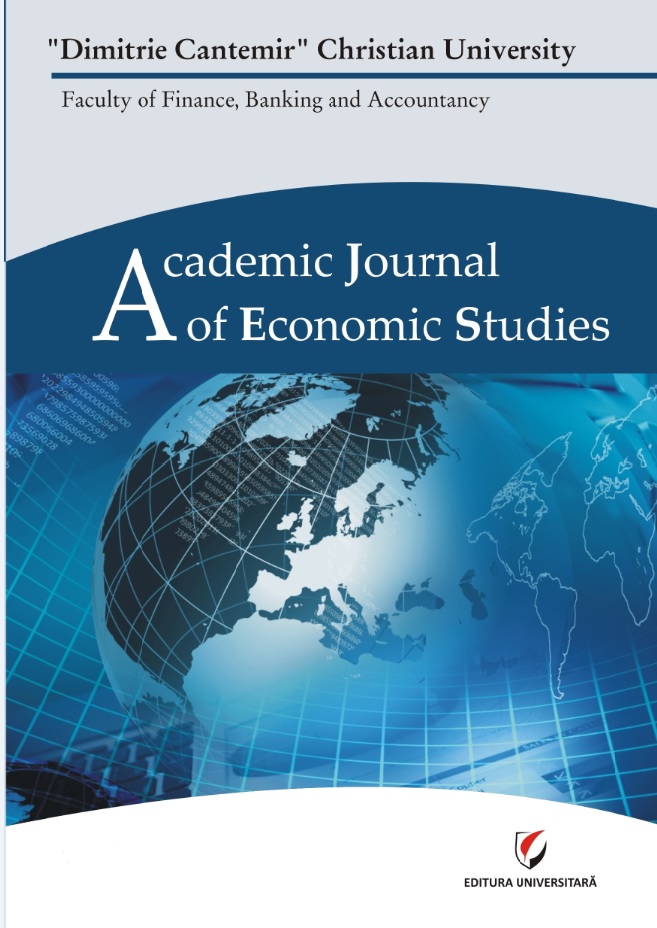Nigeria’s Petroleum Subsidy: In Whose Interest is it?
Nigeria’s Petroleum Subsidy: In Whose Interest is it?
Author(s): Emmanuel Olusegun StoberSubject(s): National Economy, Public Finances
Published by: Editura Universitară & ADI Publication
Keywords: Corruption; Nigeria; petroleum subsidy; rent seeking
Summary/Abstract: Subsidy has been defined as any government intervention, in cash or kind, to private sector producers or consumers for which the government receives no equivalent compensation in return. Fuel subsidy has been a growing liability to Nigeria’s budgets,in a systematic fashion for almost four decades, hence creating vested interest. The exponential growth of cost of fuel subsidy is due to the rising cost of crude oil in the international market, exchange rate volatility and the population growth of Nigeria which resulted in increased petroleum consumption; the combination of these three variables therefore made the cost of the fuel subsidy unsustainable. Understanding the current fuel subsidies magnitude is critical for advancing reform because it underscores the potential socio-economic benefits to be realized. In addition to the burden that fuel subsidy is placing on the national budget, keeping petroleum below the market value has discouraged additional investment in Nigeria’s oil sector, because the visibility of recovering the investment under the artificially low price structure is uncertain.
Journal: Academic Journal of Economic Studies
- Issue Year: 2/2016
- Issue No: 1
- Page Range: 58-70
- Page Count: 13
- Language: English

